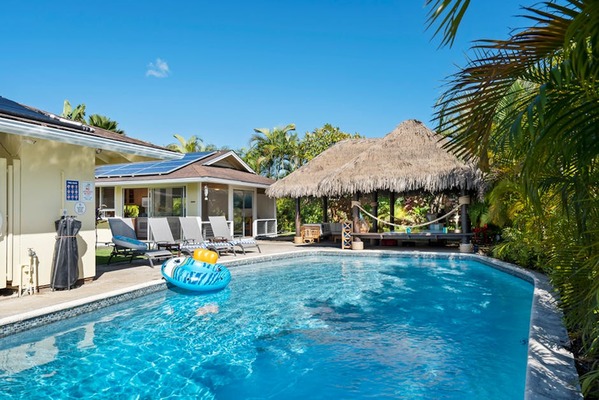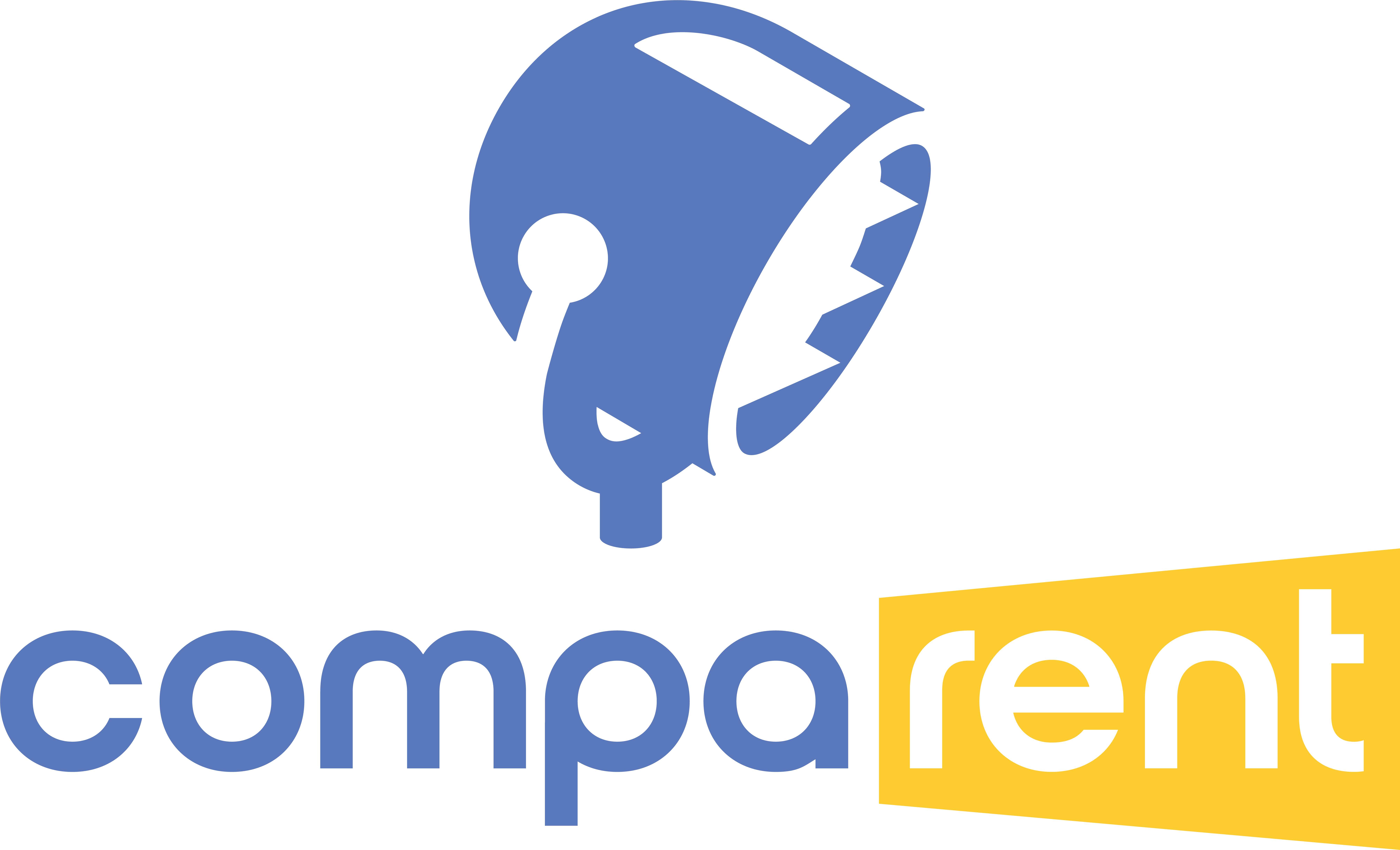
Thinking about turning your property into a vacation rental? You're probably wondering about the potential earnings. A well-managed vacation rental can earn you anywhere from $50,000 to over $165,000 per year depending on the location, size, and the amenities offered. Using tools like AirDna or Key Data can help you forecast your property's revenue accurately.
Location plays a crucial role in determining how much you can make. Properties in popular tourist destinations typically earn more. For example, a six-bedroom home in Kissimmee can generate around $50,045 per year, while properties in high-demand areas might see even higher returns. You can also estimate your earnings using the Evolve vacation rental income calculator, which lets you account for management fees and other expenses.
It's important to consider other costs like maintenance, cleaning, and platform fees. Managing these expenses effectively can maximize your profit. Additionally, resources like BiggerPockets' guide provide detailed steps on calculating income versus expenses, helping you determine whether investing in a vacation rental is profitable for you.
Evaluating Vacation Rental Income Potential
How much you can make with a vacation rental depends on several factors, including the location of your property, the seasonality and market demand, and the size and amenities available on your property.
Location Influence on Revenue
The location of your vacation rental greatly affects your earning potential. Popular tourist destinations generally see higher occupancy rates and daily rates. For example, properties near beaches, mountains, or city centers are more likely to attract guests year-round.
Urban areas often bring in more revenue due to business travelers and tourists. On the other hand, rural locations might have lower rates but can still be profitable if they offer unique experiences like farm stays or secluded retreats.
Check local regulations and taxes. Some cities have strict laws on short-term rentals that could impact your earnings.
Seasonality and Market Demand
The time of year matters. Vacation rentals located in peak tourist destinations often have high and low seasons. For instance, a beach house may be fully booked during the summer but see fewer guests in winter.
You can use tools like the Airbnb Calculator to predict revenue by taking seasonality into account. This helps you set competitive rates.
Understanding market demand and local events can also boost your income. Festivals, holidays, and school breaks often lead to increased bookings.
Property Size and Amenities Impact
The size of your property and available amenities significantly affect your potential income. Larger properties that can accommodate more guests often bring in higher revenue because of the ability to charge more per night.
Amenities like a pool, hot tub, or high-speed Wi-Fi can also make a big difference. Guests are usually willing to pay more for additional comforts.
Investing in quality furnishings and décor can improve your listing's appeal. In turn, this can lead to better reviews and more bookings.
Offering additional services like cleaning or catering can add value to your rental and justify higher rates.
Optimizing Your Vacation Rental Business
Maximizing your vacation rental income involves effective marketing, strategic pricing, and efficient operations. Implementing these strategies will help you stay competitive and enhance your guest experience.
Effective Marketing Strategies
To attract more guests, you need strong marketing. Use high-quality photos and detailed descriptions on your listings. Highlight unique features of your property that set it apart.
Utilize social media to reach potential guests. Share updates, pictures, and special promotions on platforms like Instagram and Facebook. Create engaging content that showcases your rental.
Consider setting up a direct booking website. A direct booking site can save on online travel agency (OTA) fees and boost repeat bookings. Link this website on your social media profiles to drive more traffic.
Pricing Techniques for Maximum Occupancy
Dynamic pricing can help maximize your occupancy rates. Adjust your rates based on demand, seasonality, and local events to remain competitive. For example, increase prices during peak travel seasons and lower them during off-peak times.
Research your competitors regularly to understand the market. Price your rental appropriately to stay attractive. Offering discounts for longer stays or early bookings can also fill your calendar.
Utilize pricing tools or software to automate these adjustments. This will save you time and ensure your rates are always optimized for maximum revenue.
Operational Efficiency and Guest Experience
Operational efficiency is key to running a successful vacation rental. Regular maintenance keeps your property in top condition and reduces unexpected costs. Schedule routine checks and stay on top of repairs.
Invest in quality amenities and ensure all basics are provided. Simple things like clean linens, Wi-Fi, and kitchen supplies can significantly enhance the guest experience.
Streamline your communication with guests. Use automated messaging to provide check-in instructions, house rules, and local tips. Prompt responses to inquiries and issues make guests feel valued and satisfied.
By focusing on these areas, you can optimize your vacation rental business and increase your overall profitability.

